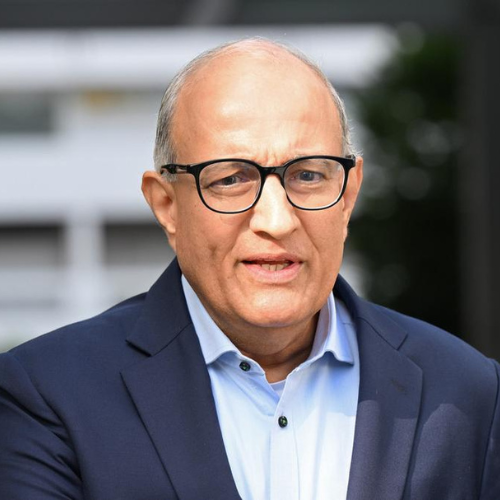In a development that has shaken Singapore’s political landscape, former Transport Minister S. Iswaran was sentenced to 12 months in prison for obstruction of justice and accepting illegal gifts. This case marks Singapore’s first major political graft trial in nearly half a century and has brought unprecedented attention to the nation’s commitment to combating corruption. The conviction of such a high-profile figure, known for his instrumental role in bringing the prestigious Formula 1 Grand Prix to Singapore, has become a defining moment for both Singapore’s political establishment and public trust in governance.
S. Iswaran’s Fall from Grace
S. Iswaran, once a prominent figure in the Singapore government, had a career that spanned decades. As Transport Minister, he played a key role in positioning Singapore as a global hub for tourism and international events, most notably through securing the country’s status as a host for Formula 1. However, his career took a sharp downturn in January 2024 when he was formally charged with multiple counts of corruption and obstruction of justice.
The case revolved around S. Iswaran receiving illegal gifts worth over US$300,000 from influential businessmen, including Malaysian hotel tycoon Ong Beng Seng and construction executive Lum Kok Seng. Among the gifts were luxury items such as expensive whiskey, golf clubs, and a Brompton bicycle, which further added to the gravity of the charges. Moreover, S. Iswaran attempted to obstruct an official investigation into a business-class flight provided by Ong, which ultimately led to his conviction for obstruction of justice.
Despite efforts from his defense team to secure a more lenient sentence, High Court Justice Vincent Hoong delivered a 12-month prison sentence, exceeding the prosecution’s suggested term of six to seven months. The court highlighted the critical need to uphold public trust in Singapore’s political institutions, with Justice Hoong highlighting that “trust and confidence in public institutions form the foundation of effective governance.”
Singapore’s First Major Political Graft Trial in 50 Years
The significance of S. Iswaran’s trial cannot be overstated. Singapore, often ranked among the world’s least corrupt countries, had not witnessed a political graft trial of this magnitude since 1975. That year, Wee Toon Boon, the Minister of State for the Environment, was found guilty of accepting bribes worth over US$600,000. The rarity of such cases in Singapore has contributed to its global reputation for clean governance and transparency.
Flag Switching: The Strategy Russian Oil Tankers Use to Bypass Sanctions
However, the case of S. Iswaran brings to light the challenges even the most disciplined political systems can face. The charges against Iswaran included violations of rarely invoked laws that prohibit public servants from accepting valuable gifts from individuals they work with in official capacities. Although the bulk of the original 35 charges were eventually reduced to five lesser counts, the conviction remains a sobering reminder of the consequences of undermining public trust.
Political and Public Repercussions
With general elections expected in November 2025, the ruling People’s Action Party (PAP) finds itself in a delicate situation. S. Iswaran’s conviction could have broader political ramifications for the PAP, which has governed Singapore since its independence. Prime Minister Lawrence Wong, who took over leadership following the resignation of Lee Hsien Loong, has been vocal in reaffirming the PAP’s zero-tolerance approach to corruption, calling it “non-negotiable.”
The fallout from S. Iswaran’s trial may prompt further scrutiny of the government’s dealings, particularly in high-profile sectors like tourism and infrastructure. The Singapore government has already announced plans to review its contract for the Formula 1 Grand Prix, a marquee event linked to Iswaran’s legacy. This action signals the government’s proactive stance in managing the repercussions of the case and ensuring that public trust remains intact.
Impact on Public Trust and Governance
The conviction of S. Iswaran is more than just a high-profile graft case; it touches the very heart of Singapore’s governance model. In a country where political integrity is held in high regard, cases of corruption, no matter how rare, can have a profound impact on how the public perceives its leaders. Singapore’s strict legal framework and robust anti-corruption measures are designed to prevent precisely this kind of scandal, which makes S. Iswaran’s fall from grace particularly significant.
By sentencing S. Iswaran to 12 months in prison, the judiciary has reaffirmed Singapore’s commitment to upholding the highest standards of accountability. The case serves as a clear message that no one, regardless of their position or past achievements, is above the law. In response to public concern, the government has also pledged to continue enforcing its anti-corruption measures rigorously.


